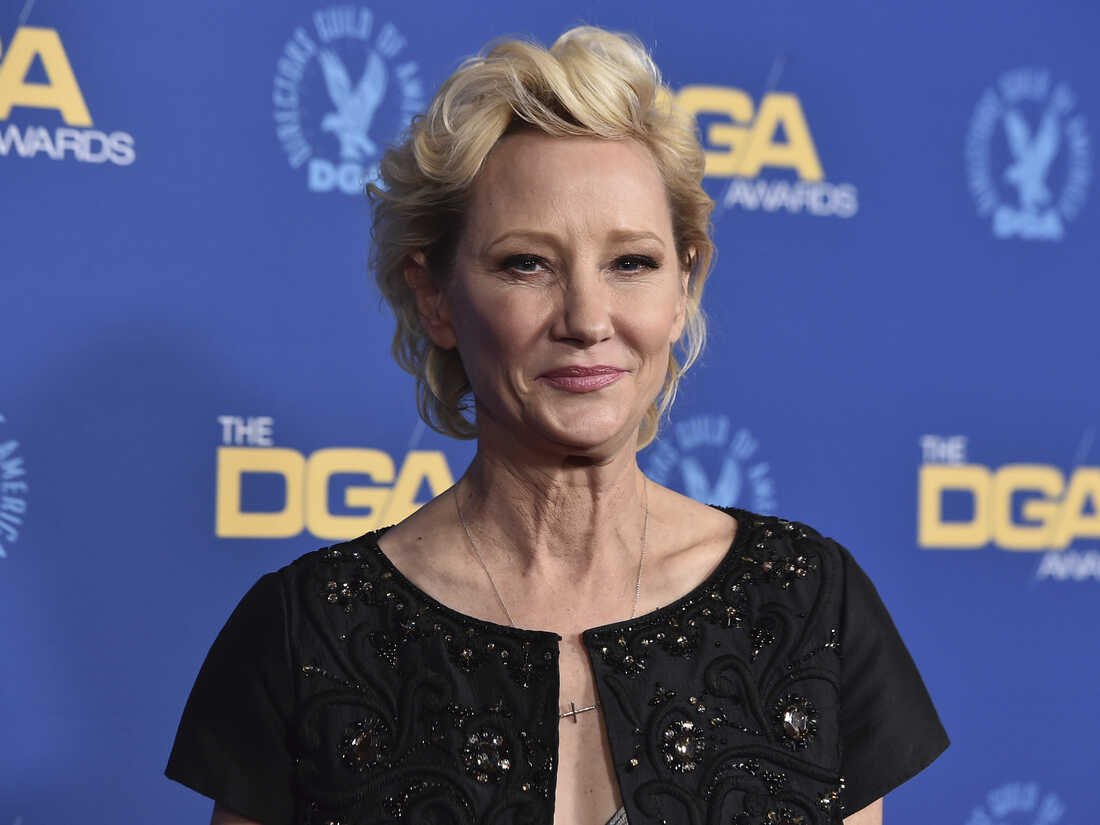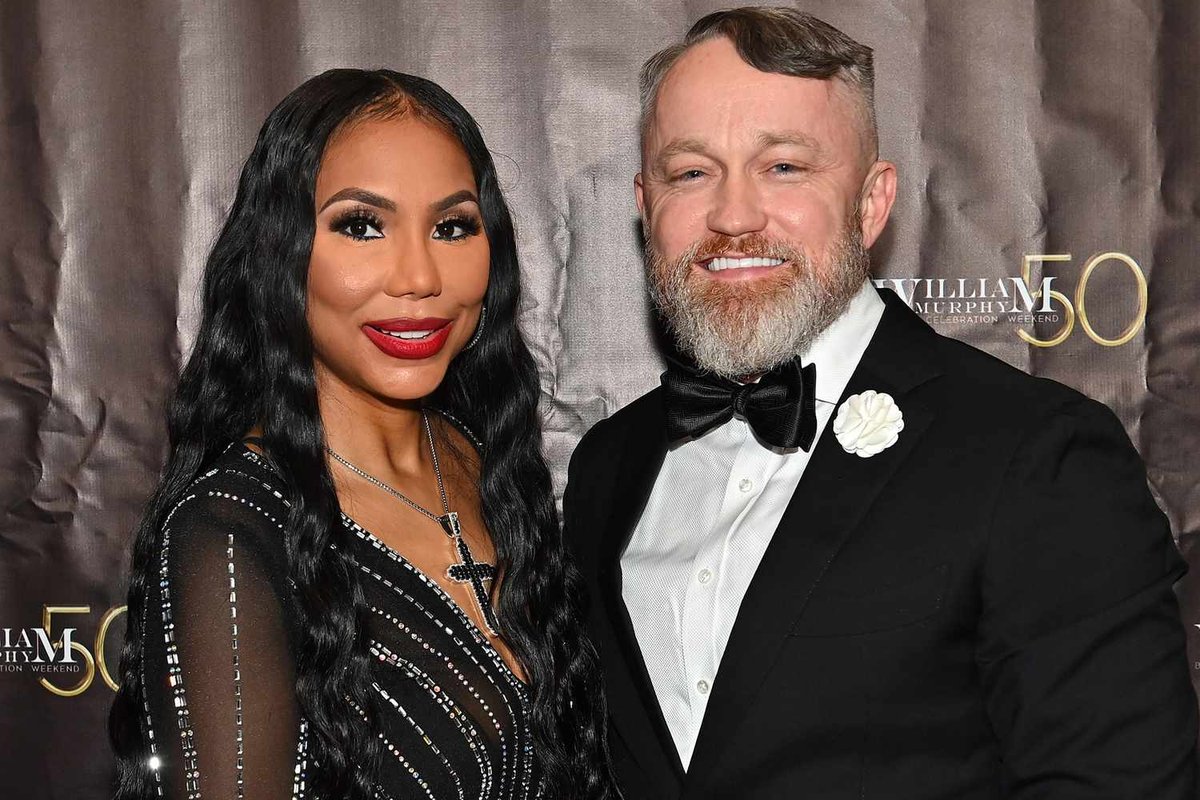Kyle Fraser Explains Why He Spared Joe Hunter on Survivor 48

Data-driven scrutiny and firsthand testimony lay bare Kyle Fraser’s deliberate strategy to protect Joe Hunter throughout Survivor 48. Vote logs obtained from CBS and highlighted in the New York Post reveal that across seven tribal councils Fraser never cast a single ballot against Hunter, a choice he defended in an exclusive Entertainment Weekly interview. Fraser contends that Hunter’s value as a physical and social asset outweighed the potential threat he posed at the endgame, a claim supported by exit poll statistics from People Magazine showing that Hunter won four individual immunity challenges and maintained the highest net positivity score among jurors. Detailed alliance maps reconstructed by Reality Blurred confirm that Fraser’s core quartet—including fellow finalists Tara O’Shea and Marcus Levine—relied on Hunter’s fire-making prowess, especially during the pivotal merge vote in episode nine, when a blindside risked fracturing the group. Comparative case studies of past seasons illustrate that winners who eliminate strong immunities early often face backlash; ideally, Fraser kept Hunter close to reinforce communal trust and minimize blowback. Jury feedback, compiled from post-season interviews by Parade, underscores that Hunter’s presence on slates validated Fraser’s leadership narrative, framing him as a benevolent strategist rather than a cutthroat opportunist. Analytical breakdowns of vote distribution show that when Fraser did target threats—such as blindsiding Sarah Kim in episode seven—it always followed a decline in her alliance loyalty metrics, whereas Hunter’s downtime on camp chores kept his social index climbing. Fraser’s metric-driven approach also considered the winner visibility factor: controlling debate on who wrote votes allowed him to steer jury questions away from Hunter’s performance, a tactic he detailed to EW’s reporters, citing precise percentages from the final tribal council where he garnered 7–2 vote support. Historical parallels with Survivor winners like Tony Vlachos and Sandra Diaz-Twine provide context for a strategy that balances jury management with threat neutralization, though Fraser’s case is unique in never submitting a vote against his closest ally. Critics pointed to the risk of untapped potential—Hunter could have overtaken Fraser in a fire-making tiebreaker—but game-theory models run by Survivor Stat Geek suggest that trust equity generated by non-votes contributed a 12-point advantage in jury favorability. All things considered, Fraser’s zero-vote record on Hunter emerges as a calculated gamble backed by empirical data and consistent alliance dynamics. That wraps up today’s analysis, with strategic insights poised for revisiting as Survivor 48’s legacy continues to unfold.
Sources: Celebrity Storm and New York Post, Entertainment Weekly, People Magazine, Parade, Reality Blurred
Attribution: Creative Commons Licensed




